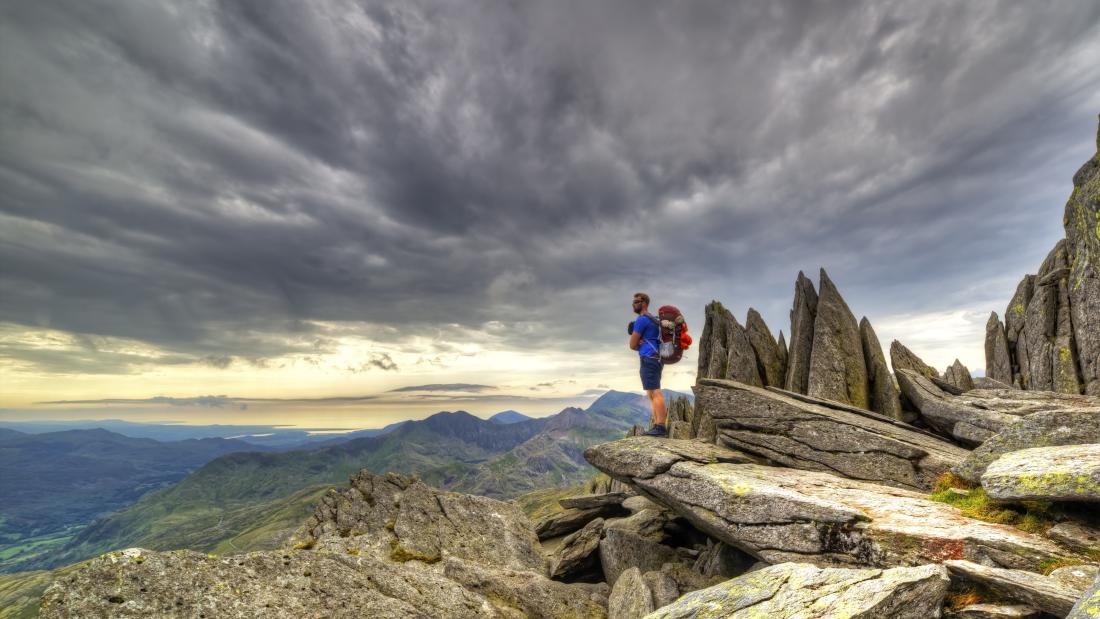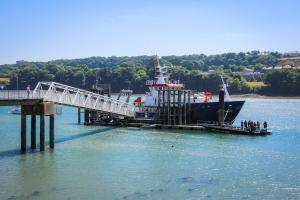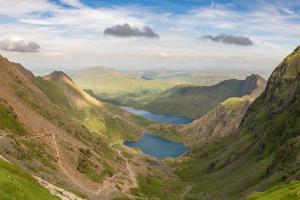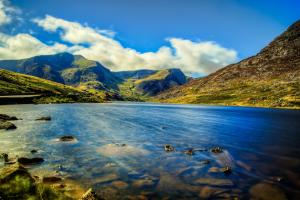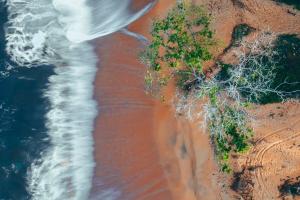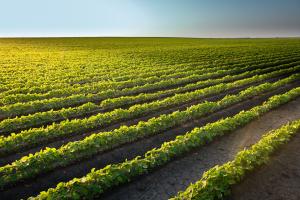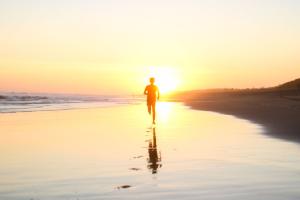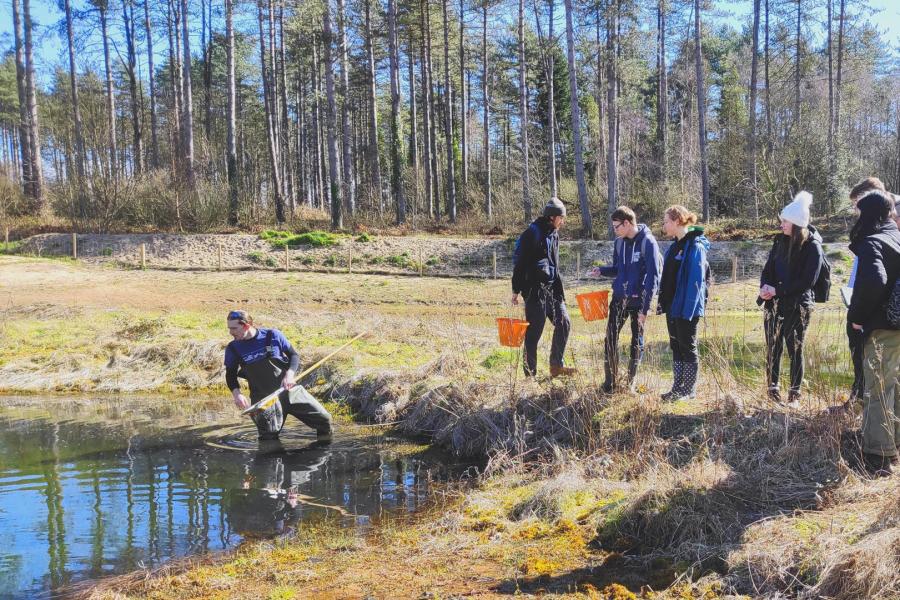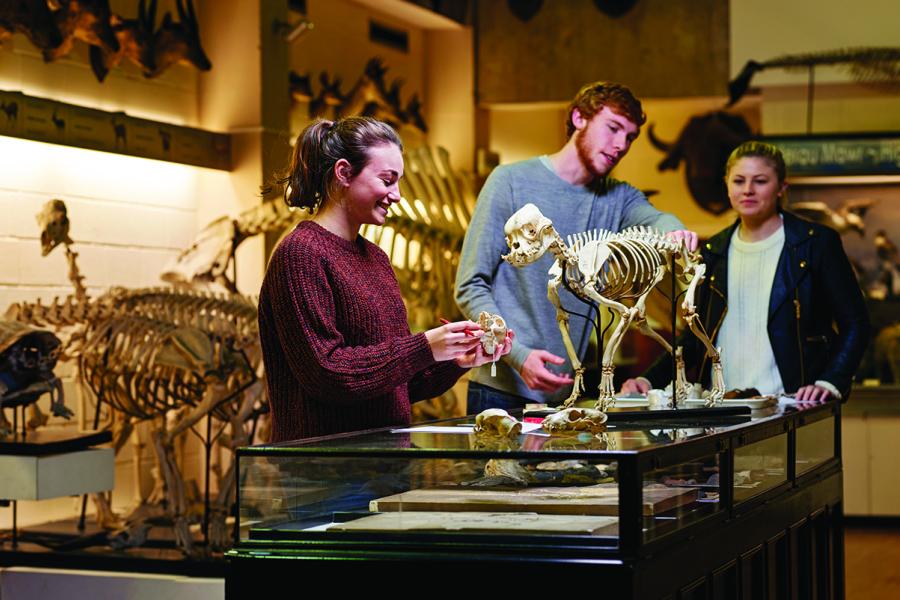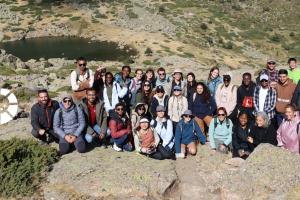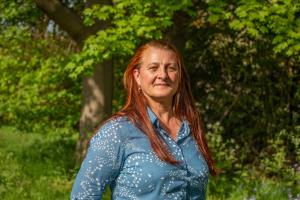ABOUT US
The College of Science and Engineering at Bangor University is one of the leading centres in the UK for teaching and research in an extensive range of science subjects.
Three Academic Schools make up the College of Science and Engineering.
Three Academic Schools make up the College of Science and Engineering.
Visit our Study pages for all our subject areas.
Visit our Study pages for all our subject areas.
OUR RESEARCH THEMES
The College of Science and Engineering, Bangor University Bangor, Gwynedd LL57 2DG, UK
Contact Us
If you have any questions or want to know more about any of our courses, please don't hesitate to contact us.
01248 382603

